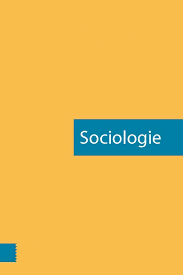Abstract
Climate change is a ‘wicked’ problem, owing to its many hazards, stakes, uncertainties and interrelations with other societal problems. Some commentators fear that politicization of the climate debate thwarts adequate policy-making for a safe climate future. ‘Politicization’ in everyday parlance refers to the magnification of party politics and ideology, overshadowing politics as ‘should be’, i.e. the processes of public will-formation and good governance. The evolution of climate governance in the Netherlands and internationally does not simply fit in a politicization/depoliticization scheme, however. Civil society organizations and citizen cooperatives tend to increasingly manifest themselves in the climate issue. These ‘energetic society’ initiatives have become part of the energy transition through their contributions to climate politics and to fossil energy reductions. If climate governance is expanding into the civic capillaries of society, do civilians increasingly possess political power, or are they being instrumentalized? This essay discusses different positions taken by commentators in the field and concludes the differing views can be largely attributed to how one perceives ‘politics’ or ‘the political’. A habermasian reading of ‘politics’ will arrive at a more optimistic take on present-day climate governance than will a ‘radical’ reading. It is concluded that ‘politicization’ is not bad or good in itself but can counterbalance the depoliticizing tendency of the ‘energetic’ governance discourse.
How to Cite:
Schouten, S., (2017) “(De)politisering van klimaatgovernance? Over de verschillende gezichten van de ‘energieke samenleving’”, Sociologie 13(1), 45–59. doi: https://doi.org/10.5117/SOC2017.1.SCHO
Downloads:
Download PDF
View PDF
96 Views
27 Downloads
Published on
2017-10-20
Peer Reviewed

